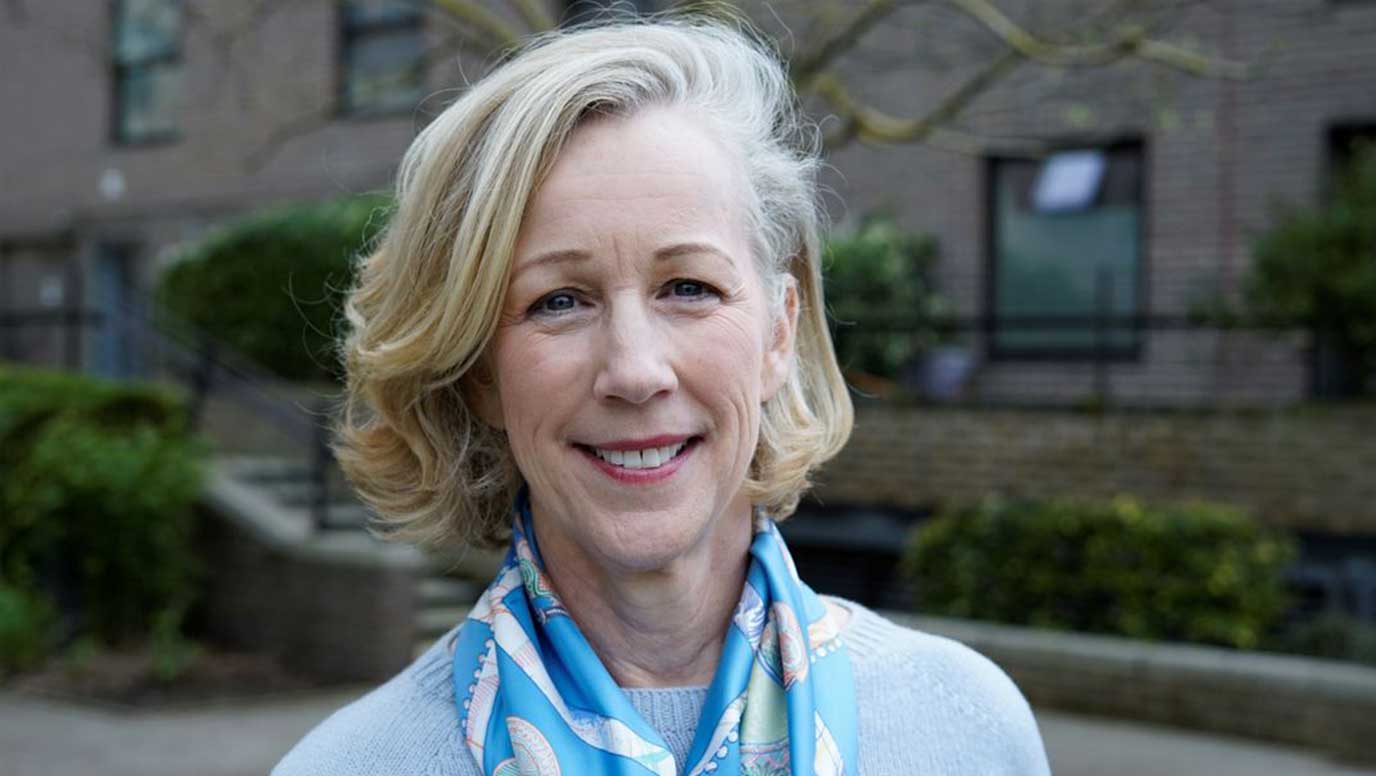Cyted Health grows US presence with keynote DETECT-ME study

The study evaluates Cyted Health’s advanced molecular assays using oesophageal cells collected with the FDA 510(k)-cleared EndoSign® cell collection device to detect Barrett’s Esophagus (BE) and esophageal adenocarcinoma (EAC).
The DETECT-ME study, co-led by principal investigators Dr. Nick Shaheen (Professor of Medicine & Senior Associate Dean for Clinical Research at the University of North Carolina School of Medicine) and Dr. Sachin Wani (Professor of Medicine, Gastroenterology, University of Colorado Anschutz Medical Center, Executive Director, Rady Esophageal & Gastric Center of Excellence), is enrolling individuals across 18 sites in the US.
This study builds on Cyted’s extensive portfolio of peer-reviewed research and real-world clinical experience in the UK where its technology has been widely adopted.
EAC is a significant public health concern due to its rising incidence, late-stage diagnosis, and high mortality. According to SEER (Surveillance, Epidemiology, and End Results program) data, over 22,000 new cases and more than 16,000 deaths from oesophageal cancer occurred in the US in 2024, with a five-year survival rate of just 22 per cent.
The vast majority of EAC patients – approximately 90 per cent – have never been diagnosed with its only known precursor, Barrett’s Esophagus, underscoring the need for improved early detection strategies.
Endoscopy with biopsy remains the standard of care for diagnosing BE and EAC but additional tools are needed to help identify at-risk individuals sooner.
Cyted Health’s approach combines minimally invasive cell collection with advanced diagnostics. It delivers a clinically proven detection method, backed by real-world evidence, that significantly enhances early identification of Barrett’s Esophagus and EAC thereby enabling timely therapeutic intervention.
“Early and accurate detection of Barrett’s Esophagus is essential,” said Dr. Shaheen. “The DETECT-ME study will generate essential data on the performance of this minimally invasive diagnostic approach. By refining our detection methods, we can improve early identification of at-risk patients and support more effective clinical decision-making.”
Dr. Wani added: “This study represents an important advancement in evaluating minimally invasive diagnostics for Barrett’s Esophagus and esophageal cancer. By generating robust clinical data we can better understand how these tools complement existing diagnostic pathways and enhance early detection efforts.”
Cyted Health has already demonstrated success in the UK, where widespread adoption of its technology has led to earlier-stage cancer detection and improved patient outcomes.
The company is now actively progressing its US evidence plan to support the broader clinical adoption of its platform leveraging the EndoSign cell collection device.
Betsy Hanna, President & General Manager of Cyted Health, commented: “We are committed to ensuring every at-risk patient in the US has access to the right diagnostic pathway. By expanding minimally invasive screening options we can identify more BE cases early, allowing patients to receive appropriate clinical care before progression to EAC.”

